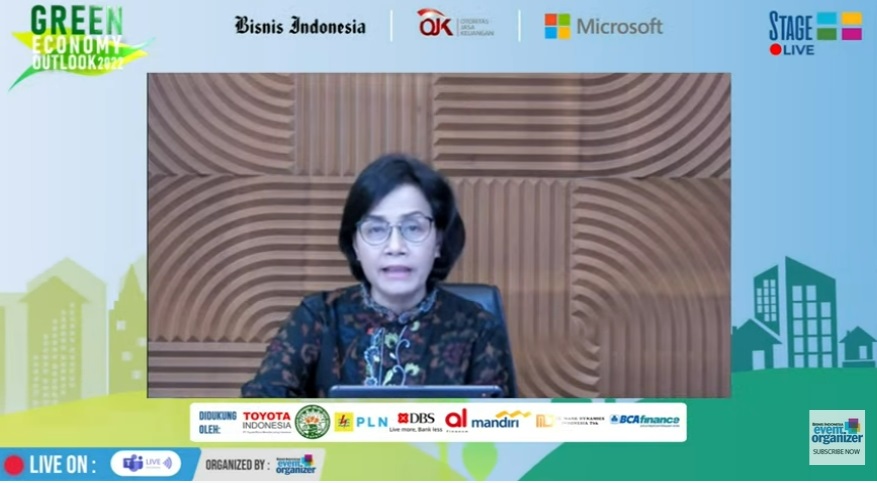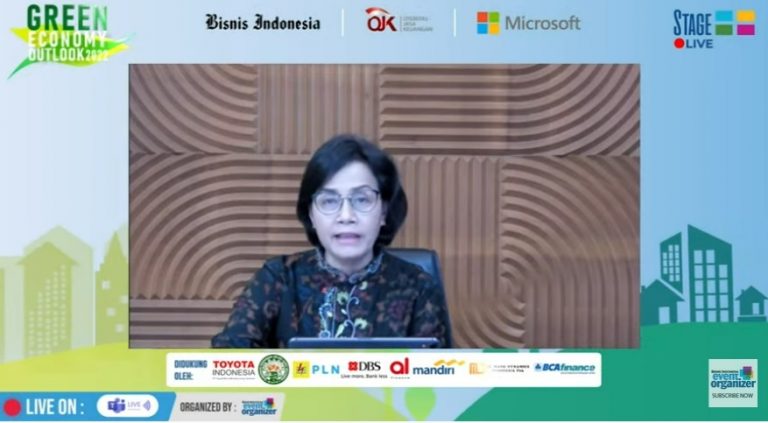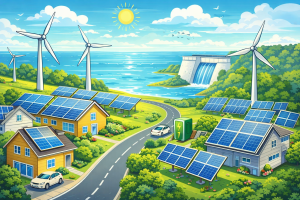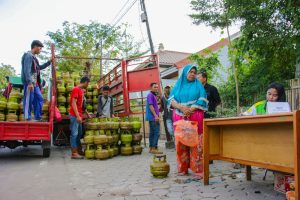
JAKARTA – Minister of Finance Sri Mulyani Indrawati said Tuesday (22/2) that the government provides tax incentives to encourage the private sector to invest in a green economy. Meanwhile, the government will impose carbon tax on coal-powered plants (PLTU), which will be implemented starting April 1, 2022.
The carbon tax is imposed based on Law number 7/2021 on the Harmonization of Tax Regulations (UU HPP). The tax levy will use a tax mechanism based on emission limits or cap and tax, with a rate of IDR 30 per kilogram (kg) of carbon dioxide equivalent for emissions that exceed the specified limit.
“Incentives are given by the government so that the business world sees investment in the green economy as a good opportunity or opportunity,” Sri Mulyani said in the Green Economy Outlook 2022 webinar, Tuesday (22/2).
The tax incentives are provided through a tax holiday scheme, tax allowance, exemption from import duties, reduction of VAT and income tax (PPh) borne by the government. For geothermal activities, the government even provides a reduction in land and building taxes (PBB) for geothermal development and new renewable energy.
“Tax incentives can play a big role in reducing the burden on businesses when investing in the green economy sector. I hope that investment in new and renewable energy can continue to be accelerated,” added Sri Mulyani.
On the other hand, the government has also begun to introduce a carbon tax which aims to encourage the private sector to include the consequences of economic activities in the form of carbon emissions in their investment calculations.
Through a carbon tax, she continued, Indonesia will be able to carry out economic activities in a sustainable manner while continuing to take concrete steps to reduce the potential for the climate change crisis. Indrawati said that “fiscal policies must continue to be adapted, so that funding from carbon taxes is used to invest in activities that are more environmentally friendly.”
The government is strongly committed to encouraging the shift from the use of fossil-based energy that produces carbon dioxide emissions to new and renewable energy (NRE) which is more environmentally friendly.
This commitment is also the focus of the G20 member countries, namely tackling climate change and promoting sustainable economic recovery. The Indonesian government since 2017 has made an energy transition through the General National Energy Plan (RUEN). In the plan, the government targets the national energy mix to reach 23 percent in 2025 and is expected to continue to increase to 31 percent in 2050. (Hartatik)















